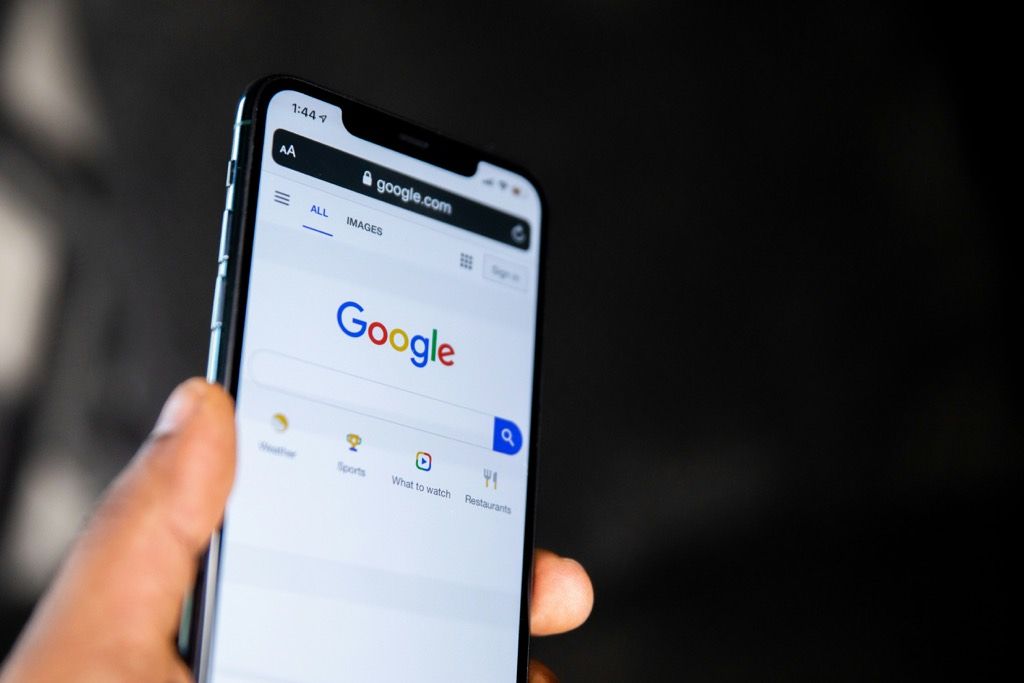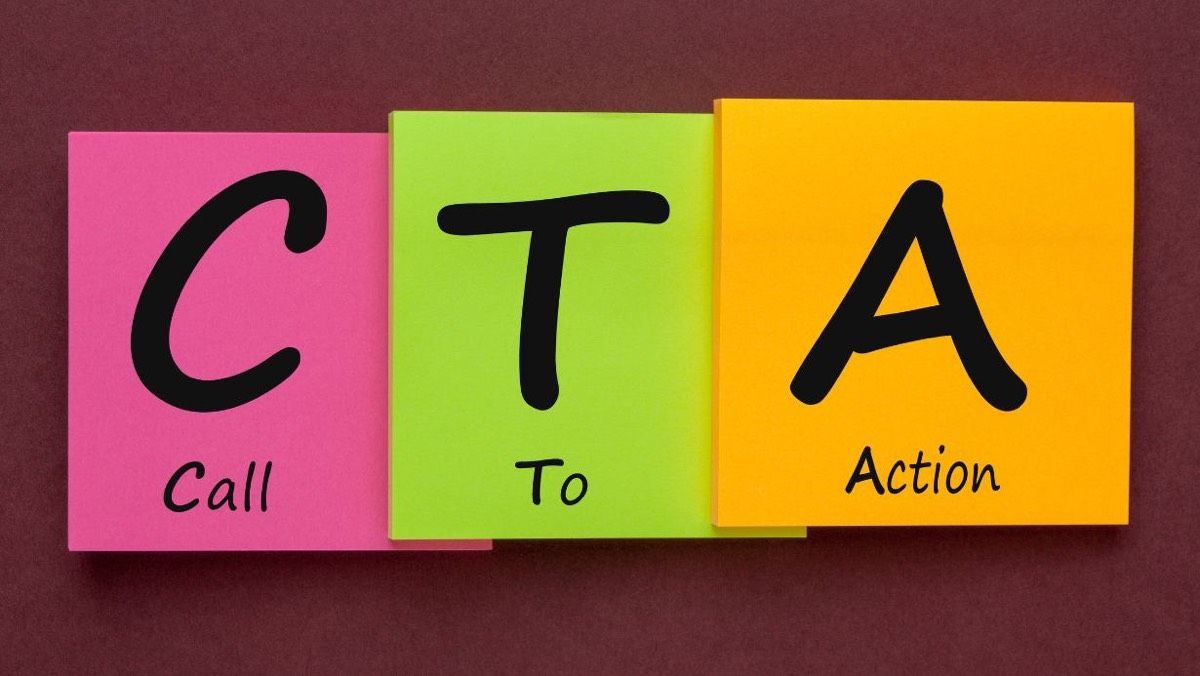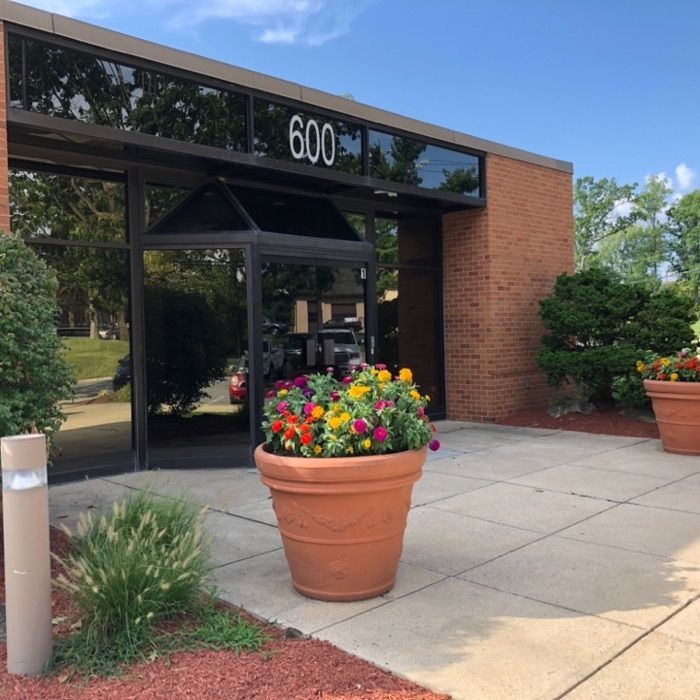6 Ways to Make Your Online Marketing More Persuasive
In marketing, we talk a lot about Calls to Action (CTA). A call to action (CTA) is a statement meant to get an immediate response from the reader. A CTA could be, “Check out our website,” or “Call now for a free quote.” But how do you persuade perfect strangers to take the desired action – especially with Internet marketingwhere there is no personal contact, body language, etc.?
With science, that’s how!
The Science of Online Marketing
Research has shown that there is a science to how people are persuaded that includes six universal shortcuts that guide human behavior. Understanding those six shortcuts and applying them ethically can increase your chances of someone responding to your request.
The Six Universal Shortcuts That Guide Human Behavior are as Follows:
1.Reciprocity
2.Scarcity
3.Authority
4.Consistency
5.Liking
6.Consensus
1 - RECIPROCITY
If someone gives you something in the form of a behavior, gift, or service, you feel obliged to give back to them.
The Science
One study showed that waiters or waitresses who gave one
mint with the bill received a 3% higher tip. Give a customer two mints, and the
tip increased by 14%. But it isn’t just about what is given but HOW it is presented.
The study showed that servers who gave one mint, began walking away, but turns
back and says, “For you nice people, here’s an extra mint.” Received a 23%
increased tip.
Quick Takeaway
Be the first to give something and give it in a personalized
and unexpected way.
2 - SCARCITY
People want more of the things they believe are becoming scarce.
The Science
When British Airways announced that they were discontinuing
service on the Concorde between NY and London in 2003, sales took off the very
next day.
Quick Takeaway
Don’t just tell your clients the benefits of purchasing your
product or service; tell them what is unique about it and what they stand to
lose if they don’t purchase it.
3 – AUTHORITY
People follow the lead of credible and knowledgeable experts especially when someone else (other than the expert) tells them that the person is credible and knowledgeable.
The Science
A group of real estate agents had a receptionist who
answered customers’ questions. People who wanted more information about selling
a property were told, “Speak to Sue, our head of sales. She has over 20 years’
experience selling properties.” This led to a 20% increase in the number of
appointments and a 15% increase in the number of signed contracts.
Quick Takeaway
Testimonials and reviews are important.
4 – CONSISTENCY
If someone says yes to a request, they’re more likely to say yes to a second similar request even if the second request is significantly bigger.
The Science
A group of neighbors was asked to put an unsightly, wooden
board in their front yards to support a safety campaign. Few said yes. A
different group of neighbors was first asked to put small postcards in their
windows supporting the safety campaign. This lead to a 400% increase in yeses
when they were later asked to put the wooden boards in their front yards.
Quick Takeaway
Seek out voluntary, active, and public commitments, and if
possible, get those commitments in writing.
5 – LIKING
People are more likely to say yes to someone they like and the three factors that cause one person to like another person are
1) People who are similar
2) People who pay compliments
3) People who cooperate when working toward a mutual goal.
The Science
In a series of online negotiations, one group was told,
“Time is money. Get straight down to business.” About 55% of that group were
able to come to an agreement. Another group was told, “Before you begin
negotiating, exchange some personal information with each other. Identify a
similarity you share in common. Then begin negotiating.” About 90% were able to
come to an agreement, and the outcomes were typically worth 18% more to both
parties.
Quick Takeaway
Look for areas of similarity and offer genuine complements.
6 – CONSENSUS
People look at what others are doing – especially people similar to themselves - before determining their own behavior – particularly when they’re uncertain what to do.
The Science
A hotel leaving a card stating the advantages of reusing
towels and linens, lead to a 35% compliance. If they changed the cards to say
something like “75% of our guests reuse their towels,” compliance rose by 26%.
If they changed the card to say something like, “75% of people who stayed in
this room reused their towel,” compliance increased by 33%.
Quick Takeaway
Show what other people are doing. For example, if you’re
collecting registrations for an event online, let people see who else is coming
to the event.
Spinning Your Wheels? Get Your Marketing Program on the Fast Track!
So, what do you think? How can you apply these principles to your online marketing efforts? Power Marketing International can help answer that question. We specialize in strategizing and implementing measureable online marketing that works. Give us a call at 484-297-6395 or contact us online.
This blog is a summary of “ Principles of Persuasion . ”

















